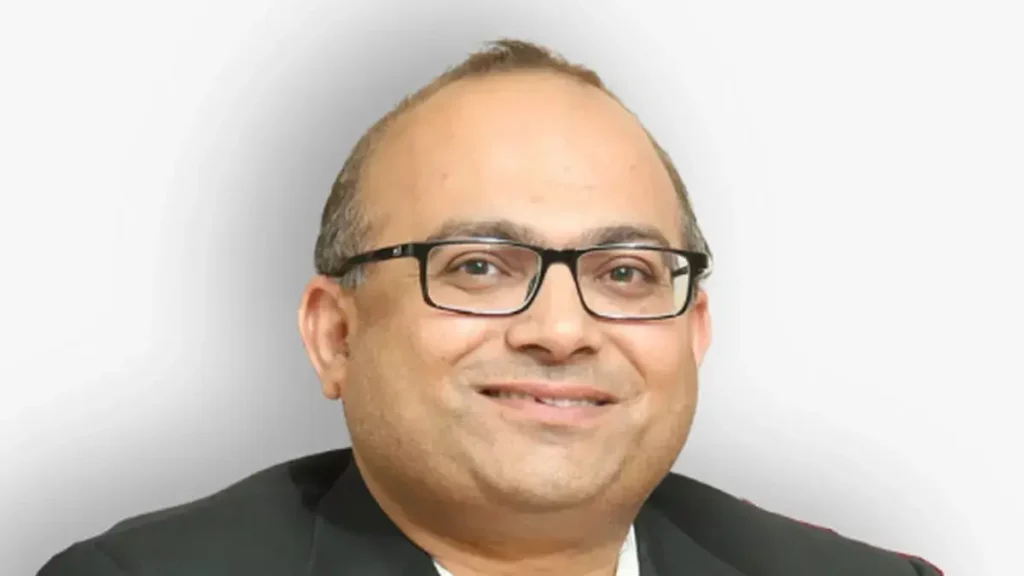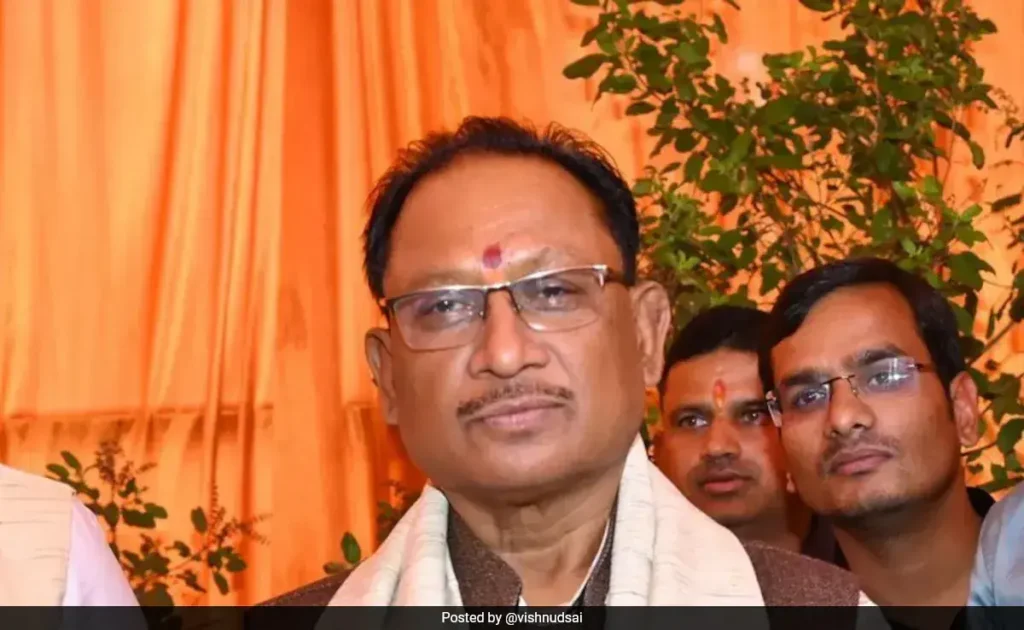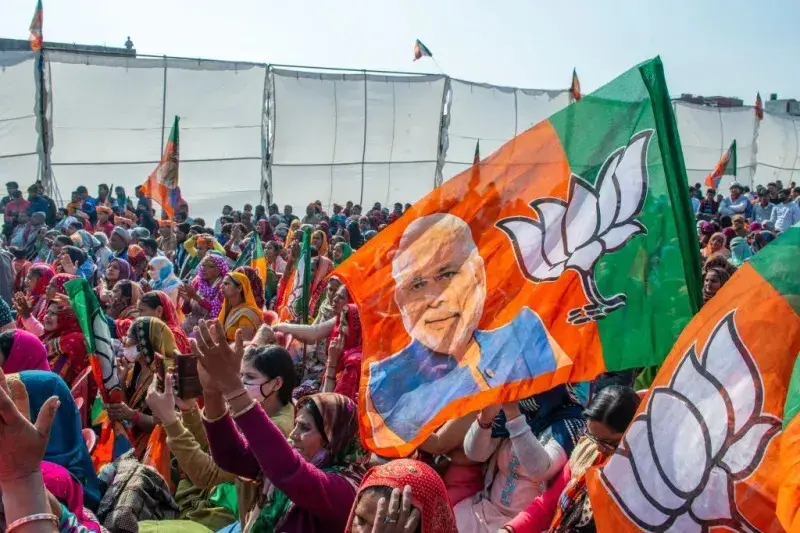Path to Good Governance and Security: The Role of Inclusive Welfare Programs
In India’s journey towards 2047, the symbiotic relationship between good governance, security, and inclusive welfare programs emerges as a critical pathway to address multifaceted challenges and foster societal well-being. A recent survey conducted by Primus Partners underscores the pivotal role of inclusive welfare initiatives in realizing the objectives of good governance and security, offering insights into India’s evolving landscape and aspirations. Challenges and Needs: The survey highlights that a significant portion of the population, approximately 58 percent, continues to grapple with fundamental needs such as education, shelter, healthcare, and employment. Despite past efforts, existing welfare programs face uncertainty in effectively addressing these challenges, necessitating a paradigm shift towards holistic solutions that bridge past achievements with future aspirations. Importance of Good Governance: Kautilya’s ancient wisdom resonates with contemporary notions of good governance, emphasizing the centrality of people’s happiness to the ruler’s well-being. Good governance, characterized by transparency, accountability, and participatory decision-making, serves as the bedrock for progress and security. It fosters social cohesion, economic growth, and stability, laying the groundwork for inclusive development. Inclusivity and Social Welfare: The concept of inclusivity emerges as a cornerstone of India’s progress, with 21 percent of survey respondents underscoring its significance. Inclusive policies, women empowerment, gender equality, and wealth disparity reduction are identified as critical factors contributing to social well-being. Drawing inspiration from nations like Sweden and Norway, India seeks to emulate the transformative impact of robust welfare programs on societal cohesion and security. Success Stories and Learnings: Initiatives like the National Rural Employment Guarantee Act (NREGA) and Pradhan Mantri Jan Dhan Yojana (PMJDY) exemplify India’s strides towards inclusive governance and poverty alleviation. By leveraging technology and innovative financing mechanisms, India aims to streamline welfare delivery, mitigate corruption, and enhance transparency. The cooperative federalism model and participative decision-making are pivotal for effective implementation and citizen-centric governance. Future Directions: As India navigates its path towards Viksit Bharat, strengthening last-mile delivery mechanisms, data privacy safeguards, and capacity-building initiatives remain imperative. The establishment of robust frameworks to combat corruption, coupled with transparent public institutions, will shape India’s inclusive growth trajectory. By fostering a culture of innovation, education, and civic engagement, India endeavors to realize the aspirations of all its citizens on the road to 2047. Inclusive welfare programs serve as catalysts for good governance and security, offering a holistic framework to address socio-economic disparities and enhance societal resilience. Through strategic investments, policy reforms, and collaborative efforts, India charts a course towards a prosperous and equitable future, anchored in the principles of inclusivity, transparency, and citizen-centric governance. With a steadfast commitment to Kautilya’s vision of the ruler’s happiness intertwined with the people’s welfare, India embarks on a transformative journey towards 2047, where inclusive welfare programs serve as the cornerstone of a vibrant and secure society. As the nation embraces the challenges and opportunities of the 21st century, the convergence of good governance, security, and inclusive welfare promises to unlock the full potential of India’s diverse and dynamic populace, paving the way for a brighter tomorrow for generations to come.
Path to Good Governance and Security: The Role of Inclusive Welfare Programs Read More »



